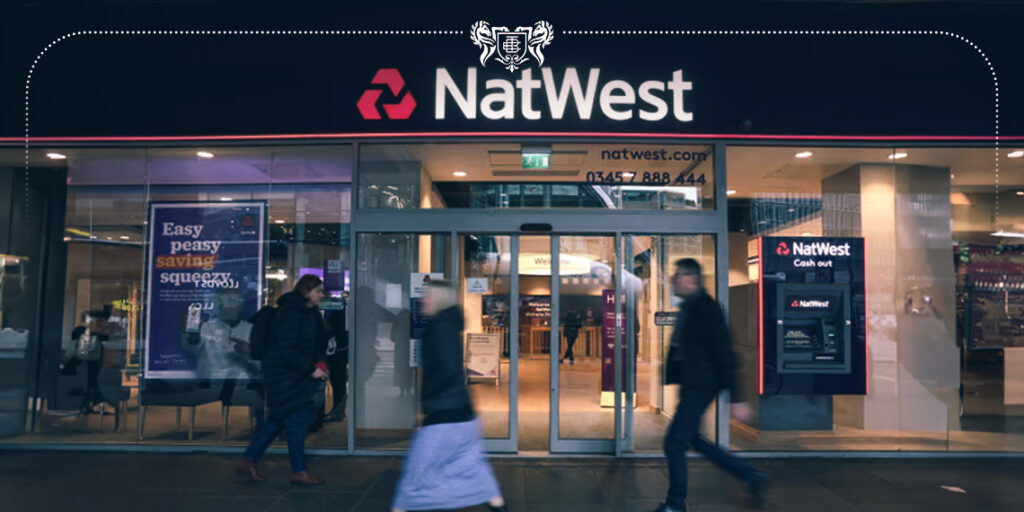NatWest has repurchased £1 billion worth of shares from the UK government as part of the continued privatisation of the bank, which was bailed out during the 2008 financial crisis.
This latest transaction sees the government’s stake in NatWest drop from 14.2% to 11.4%, with shares sold at £3.81, the closing price last Friday.
This sale marks significant progress in reducing the government’s ownership of NatWest, which has fallen from about 38% at the start of 2024 to the current 11.4%.
Since the government’s £46 billion rescue of NatWest (then the Royal Bank of Scotland) in 2008, the Treasury has gradually sold shares, aiming to return the bank to private hands and recover taxpayers’ funds. The government has now recouped more than £20 billion from share sales.
Efforts to further reduce the government’s stake originally included a retail sale targeted at everyday investors, promoted through an advertising campaign featuring newsreader Trevor McDonald, in a nod to the 1980s “Tell Sid” British Gas privatisation campaign.
However, the campaign was shelved after the Conservatives called a general election in May, leaving NatWest with £24 million in unused advertising costs.
In the October budget, new Chancellor Rachel Reeves confirmed the retail sale programme was cancelled, with the Treasury stating it would instead rely on alternative methods to sell its remaining shares by 2025 or 2026, contingent on market conditions and taxpayer value.
This £1 billion share buyback was the second off-market “directed buy-back” of the year, following NatWest shareholder approval to purchase up to 15% of shares annually from the government. Alongside direct buybacks, the Treasury has also been steadily selling shares on the open market.
NatWest shares have risen nearly 20% since Labour’s election victory in July, reflecting growing investor confidence in the bank’s future trajectory.


